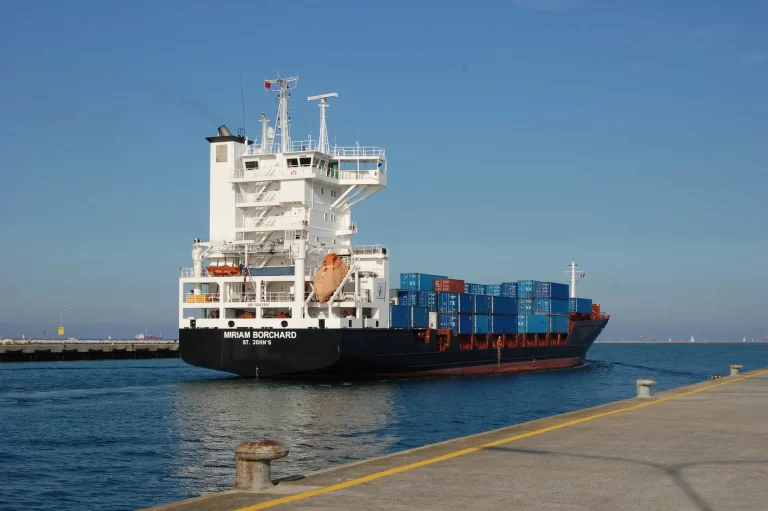Mini excavators, often hailed as the workhorses of construction sites, play a pivotal role in various projects due to their versatility and compact size. However, ensuring their optimal performance requires regular maintenance, which inevitably comes with associated costs. The typical maintenance costs associated with mini excavators offer insights into budgeting, troubleshooting, and future trends in maintenance. These small, powerful machines are designed for digging and excavation tasks in tight spaces, making them indispensable for projects with spatial constraints.
Importance of Regular Maintenance
Regular maintenance is the key to ensuring the longevity of your mini excavators and avoiding potentially hefty repair bills. By incorporating routine checks and services, operators can identify and address issues before they escalate, ultimately saving time and money in the long run.
Typical Maintenance Costs
- Oil and Fluid Changes: Regular oil and fluid changes are essential to keep the engine running smoothly. This preventive measure helps in avoiding overheating and ensures optimal performance.
- Filter Replacements: Air, fuel, and hydraulic filters need regular replacement to maintain the purity of fluids circulating within the mini excavator, preventing contaminants from causing damage.
- Undercarriage Maintenance: The undercarriage, consisting of tracks and rollers, undergoes significant wear and tear. Regular inspections and replacements contribute to the overall longevity of the machine.
- Hydraulic System Checks: The hydraulic system is a critical component, and regular checks help identify leaks or malfunctions early on, preventing major breakdowns.
Factors Influencing Costs
Several factors influence the maintenance costs associated with mini excavators, including the frequency of use, environmental conditions, and the quality of parts and service.
- Frequency of Use: Intensive use may require more frequent maintenance to keep up with the demands placed on the machine.
- Environmental Conditions: Mini excavators operating in harsh environments, such as dusty or muddy conditions, may require more frequent maintenance to counteract the accelerated wear and tear.
- Quality of Parts and Service: Investing in high-quality parts and professional services may initially seem more expensive but often pays off in terms of extended machine lifespan and reduced long-term costs.
Conclusion
Understanding and budgeting for the typical maintenance costs associated with mini excavators are essential aspects of ownership. By investing in regular maintenance, operators can ensure the longevity of their machines and minimize unforeseen repair expenses.







